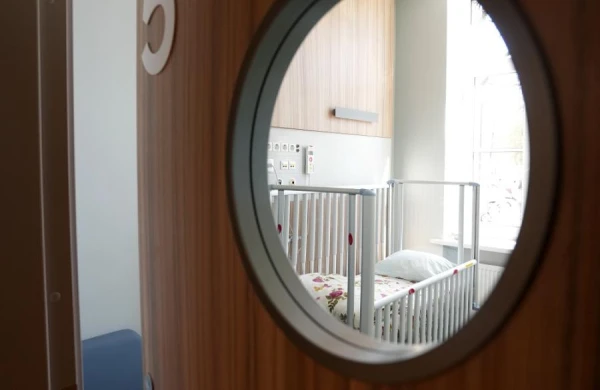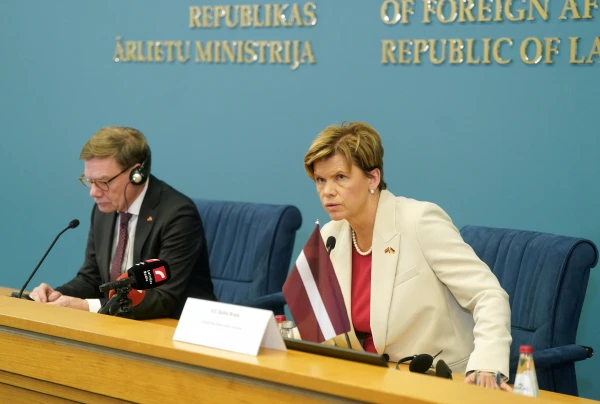
The losses of clinical university hospitals (CUH) this year amount to approximately 45 million euros, writes Diena.
The financial forecast for next year also does not inspire optimism, so it is necessary to seek solutions that will improve the operation of hospitals - including through management reform.
The working group created by the Ministry of Health is currently developing possible models for change. One of the scenarios being considered involves the creation of a single council for all three hospitals.
Overall, the needs of the healthcare system are estimated at 568 million euros this year and 651 million euros by 2026. The needs of the sector are growing every year, and the funds allocated this year will not be sufficient to maintain the same level of services next year.
"The big problem is that we are limited in funding: the lion's share of funds goes to hospitals, then to outpatient and other services. However, the main focus should be on improving lifestyle, prevention, and screening, which, in turn, would reduce the burden on hospitals," said Boris Knigin, Deputy State Secretary of the Ministry of Health for Financial Affairs, at a meeting of the parliamentary commission on social and labor affairs.
He reported that the Ministry of Health has created a working group to assess the management model of the three clinical university hospitals (CUH). As part of its work, the legal status and funding of the hospitals, their cooperation with other medical institutions, as well as educational and research aspects, healthcare quality, and methodological guidance will be examined.
Currently, two models are being analyzed. The first involves creating a single council for all CUHs while maintaining their current status as capital companies. The second involves transforming CUHs into derivative public entities with the development of separate regulations for their activities.
According to Knigin, the first scenario would ensure unified strategic management while preserving the operational independence and flexibility of each hospital. The second option would provide a sustainable and transparent management system, strengthening the role of CUHs in healthcare, education, and scientific research.
Knigin acknowledged that the process will not be easy, as the chosen model will affect not only the management structure but also the employment system, funding order, quality of treatment, and cooperation with universities.
Overall, the discussions of the working group showed that there is a common understanding of the need for change and agreement that changes should be implemented gradually, carefully assessing their impact on the healthcare system, academic environment, and public interests. By the end of the year, the Ministry of Health is expected to present specific proposals on which model should be promoted further.













